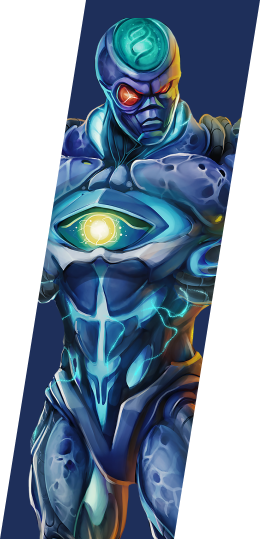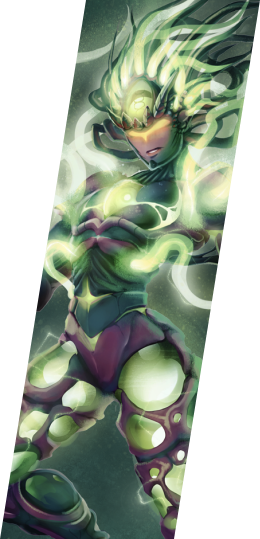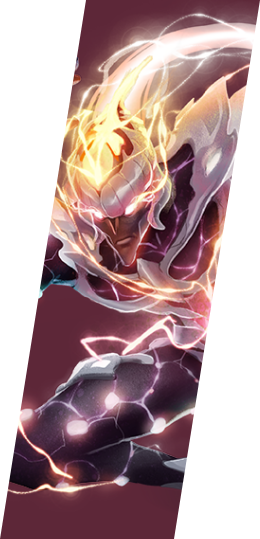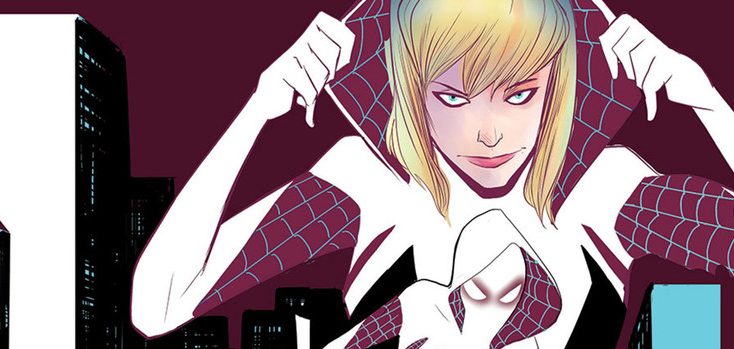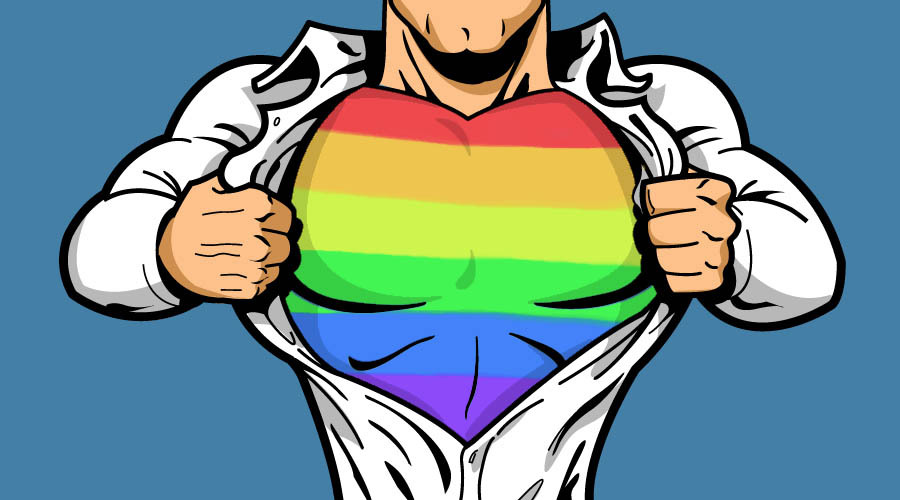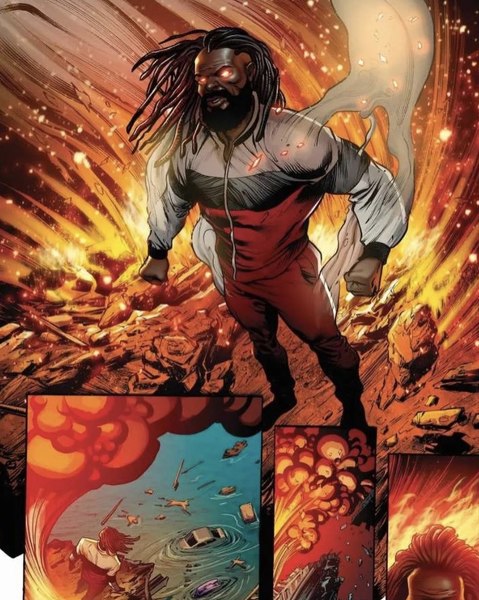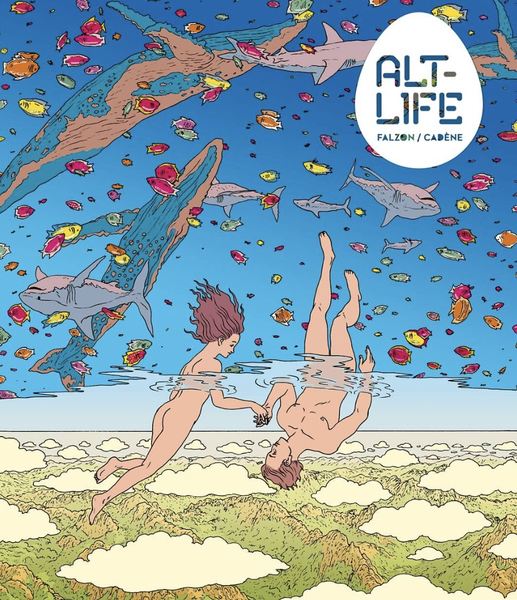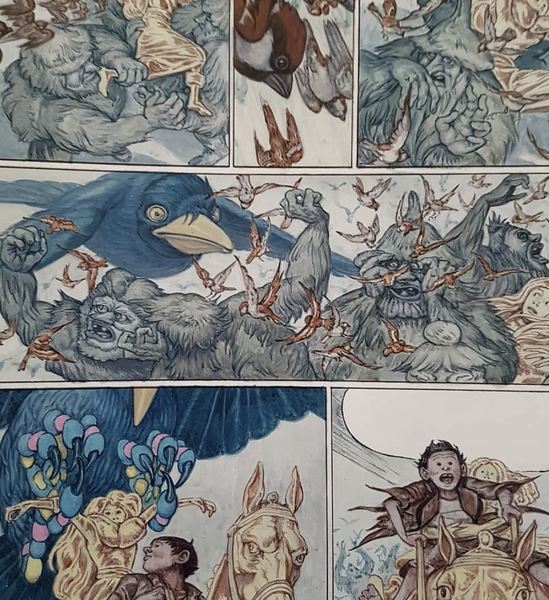
Category
Superhero
Categories:
View All
- View All
- Action/Adventure
- Artist
- Artwork
- Behind The Scenes
- Biology
- Comic Con
- Comic World
- Comics
- Cosplay
- Digital Comic Book
- Fantasy & Sci-Fi
- Gaming
- Glossary
- History
- How To Draw
- Humor
- Interviews
- Movies
- Science
- Spiderman
- Super Villains
- Superhero
- Superheroes
- Trivia
- Video Games
- Villains
- Writers

